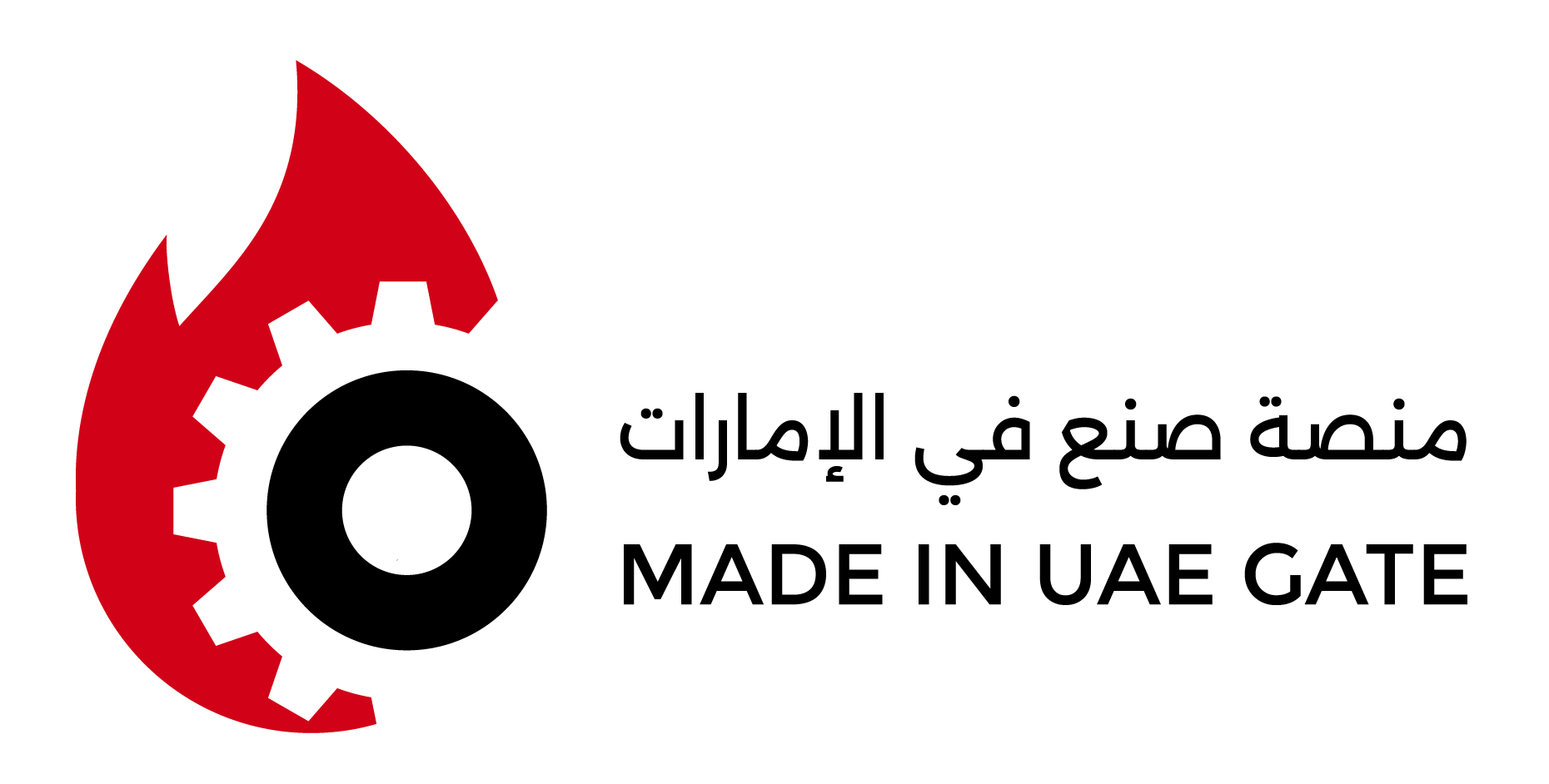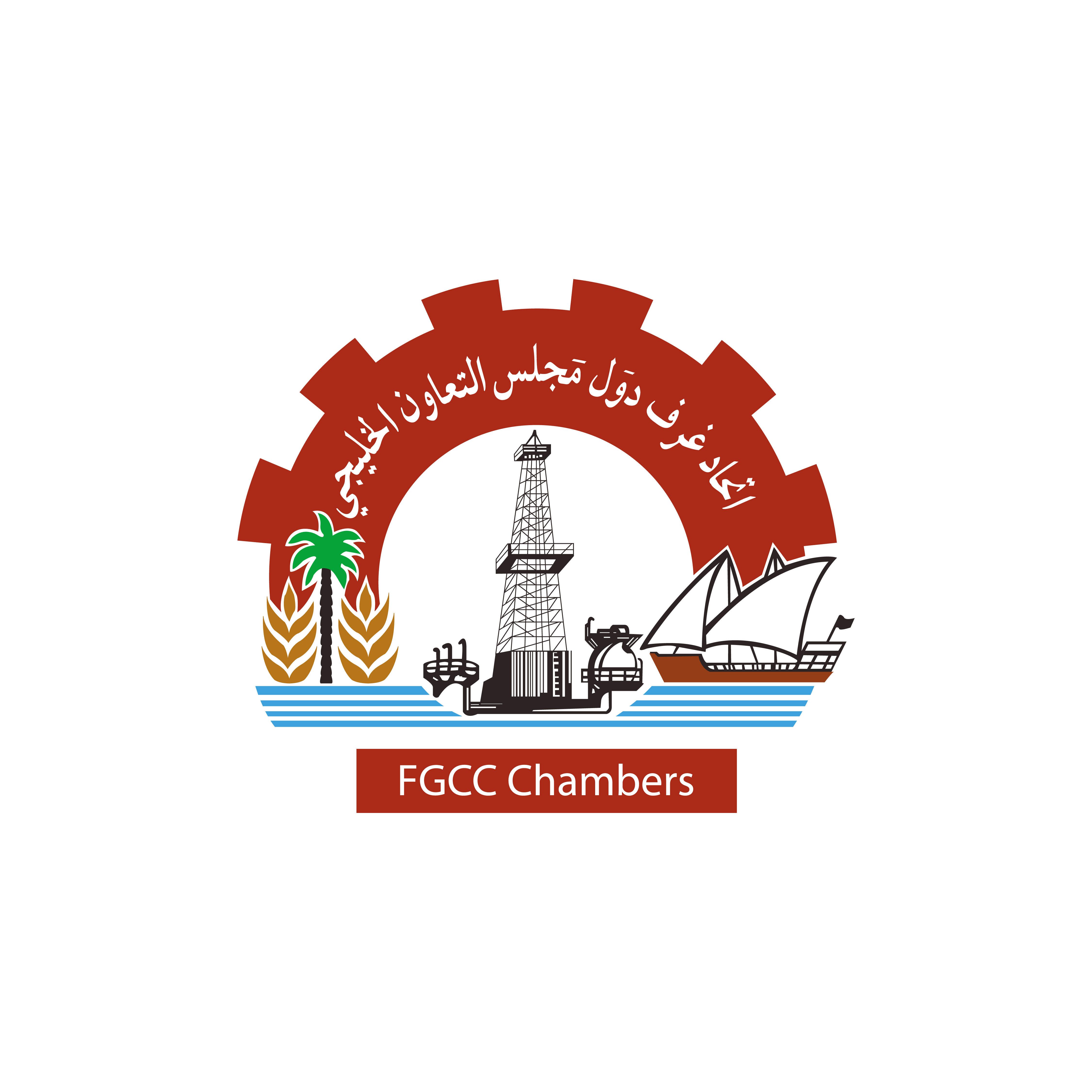The 22nd Arab Media Forum (AMF) today hosted a session featuring media personality Dr. Bassem Youssef titled The Arab World Through the Western Media Lens.
The session was attended by Dr. Anwar Gargash, Diplomatic Adviser to His Highness the UAE President; His Excellency Omar bin Sultan Al Olama, Minister of State for Artificial Intelligence, Digital Economy, and Remote Work Applications; and Her Excellency Mona Al Marri, Vice Chairperson and Managing Director of the Dubai Media Council, and President of the Dubai Press Club (DPC).
Youssef, a significant figure in reshaping the Arab narrative in western media, said: “The Western media have stereotyped us, the Arabs. This is partly because of how we talk about our causes. We are emotional people and they often provoke us, especially in one-on-one dialogues. They start talking about Israel and provoke us by talking about hostages, trying to drag us into emotional responses. They don’t dwell on Palestinian hostages.â€
The 22nd AMF was held under the umbrella of the Arab Media Summit, which also encompassed the Arab Youth Media Forum, the Arab Media Award, and the Arab Social Media Influencers Award.
Speaking to Jessica Azar of MTV, Youssef said comedy plays a crucial role in changing these narratives. Youssef was called ‘Egypt’s Jon Stewart’ for using satire as a weapon to call out the hypocrisy he saw in the Egyptian government during the revolution. Last year, he drew international media attention after an interview on ‘Piers Morgan Uncensored’, where he spoke about the Palestinian issue. “Now, some people associate me with unrest. I laugh it off,†he says.
Elaborating on his viral conversation with Piers Morgan, he stressed that he doesn’t intend to continually engage in black comedy. “I used the platform to voice my opinion. Who cares about Piers Morgan and his views? He’s a devil’s advocate. He loves to trend and be in the public eye. His opinions don’t matter to me,†Youssef stated to loud cheers.
Despite his significant impact and outspoken nature, Youssef said he is not a political analyst. “I see something, and I voice my opinion, that’s it. The irony is, if I speak, I’m accused of taking advantage of the situation. If I stay silent, I’m accused of not speaking. Social media is like quicksand, it pulls you in either way.â€
He critiqued the Western media’s double standards, citing their coverage of different global conflicts. “For instance, their media talks of a ‘bloodbath’ in Ukraine when seven people died, but they haven’t used such language for Palestine, where thousands are dying. Human rights is seen differently by Western media. We need to hold a mirror to them, exposing their empty words.†Youssuf said the Western media has “corrupted themselves for the next 100 yearsâ€, by their hypocrisy and lack of free talk.
Meanwhile, Youssef also acknowledged that his outspoken views have cost him opportunities, including a role in a ‘Superman’ movie. “There are many things I don’t dwell on. The fact is I’m a Hollywood star, and I’m famous. That’s enough,†he said.
Adapting to the shortened attention spans of modern audiences, Youssef has now shifted his communication strategy. “No one has the time and patience to listen to an hour-long podcast. So, I create 1- or 2-minute clips of important portions of my interviews and broadcast them. I always back up my points with proof.â€
Youssef reiterated that Arabs must avoid emotional reactions when discussing their causes. “Americans think and speak differently. We need to do the same—be assertive and speak to the point, without emotion. I am an American citizen, and I have chosen this land to raise my kids. I understand how their media and government operate. I won’t leave that place; I will stay and help change the perspective about the Arab world.â€
 Emirates 24|7



